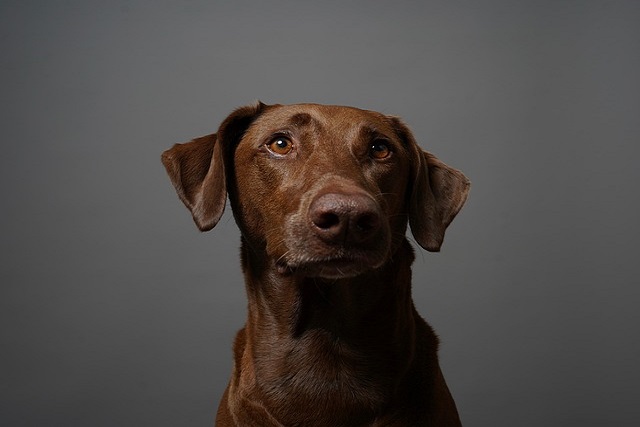
Why is a dog suddenly aggressive towards other dogs
One morning, my friend in Portland took her 5-year-old golden retriever, Charlie, to the park—same as every Saturday. But this time, when a Lab bounded over, Charlie snarled
Calling your dog and watching them bolt the other way—tail wagging, nose to the ground, ignoring every “come!” you shout? That’s the daily struggle with my brother’s 2-year-old husky, Koda, at their Colorado cabin. “Stubborn” feels like the right word, but a trainer explained: dogs don’t ignore us to be defiant. They’re just following their noses, which are 10,000 times more sensitive than ours. Teaching recall to a dog like Koda means making you more interesting than whatever’s capturing their attention.
Here’s the science: a dog’s brain prioritizes smells and movement over sound. When Koda spots a squirrel, his focus narrows—your voice becomes background noise, like a TV in another room. Punishing him when he finally trots over (maybe with a scold or a leash yank) only makes it worse. He learns “coming when called = bad things,” so next time, he runs faster. Instead, the trainer suggested turning recall into a party. When Koda even looks at my brother after being called, he gets a high-value treat—think a chunk of hot dog, not a boring kibble. Over time, Koda’s brain starts thinking, “Wait, responding to ‘come’ gets me the good stuff?”
Start small. In a quiet backyard, toss a toy a few feet from Koda, then call his name. When he turns, cheer and toss the hot dog. Repeat, gradually increasing the distance. A trainer in Florida swears by “runaway recall”: when Koda ignores the call, my brother turns and jogs backward, laughing. Dogs hate missing out, so Koda chases, and when he catches up—treat! It turns a command into a game. Never chase them—running after Koda makes it a race, and he’ll always win.
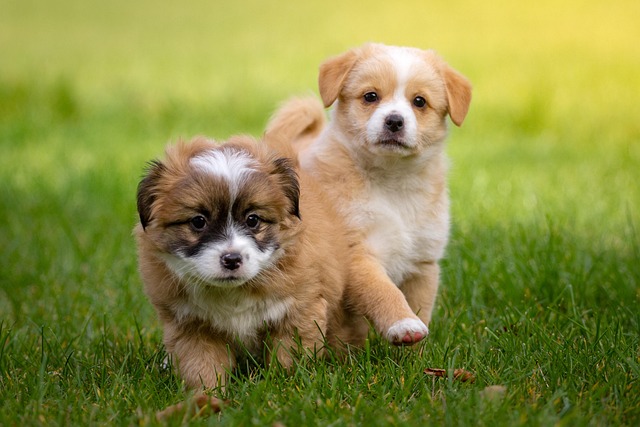
Legal stuff ties in here. In off-leash parks across the U.S., a reliable recall isn’t just polite—it’s often required by park rules. Keep your dog’s rabies vaccine current too; it’s mandatory in every state, and many parks check proof before letting dogs off-leash. When walking in your neighborhood, even if they’re on a leash, practicing recall (“Buddy, here!”) builds the habit. And don’t forget those poop bags—responsible owners clean up, and a dog that trusts you to handle the boring stuff is more likely to listen.
Apartment living? Practice in hallways during quiet times. Koda’s cousin, a Shih Tzu in Chicago, learned recall by her owner hiding behind a door, then popping out with a treat when she called. It keeps things fun, even in small spaces. When using elevators, call your dog to you before the doors open—calm responses in tight spots translate to better behavior outside.
“Stubborn” dogs just need better motivation. Koda now comes running when called, not because he’s “obedient,” but because he knows good things happen when he does. And that’s a win for both of them.

One morning, my friend in Portland took her 5-year-old golden retriever, Charlie, to the park—same as every Saturday. But this time, when a Lab bounded over, Charlie snarled
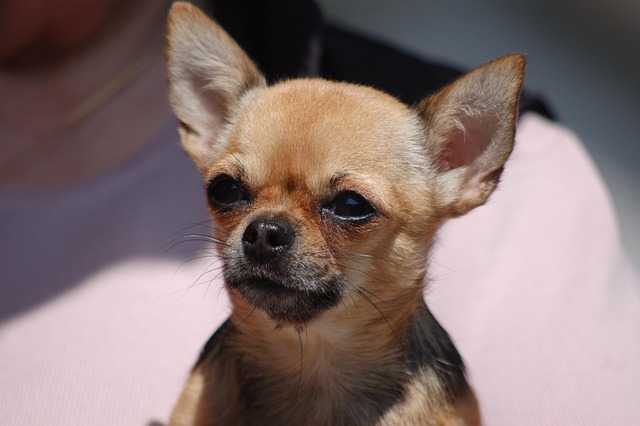
Watching a litter of 3-week-old puppies waddle toward their mom, tiny tails wagging, makes you wonder: Should they be trying solid food by now?
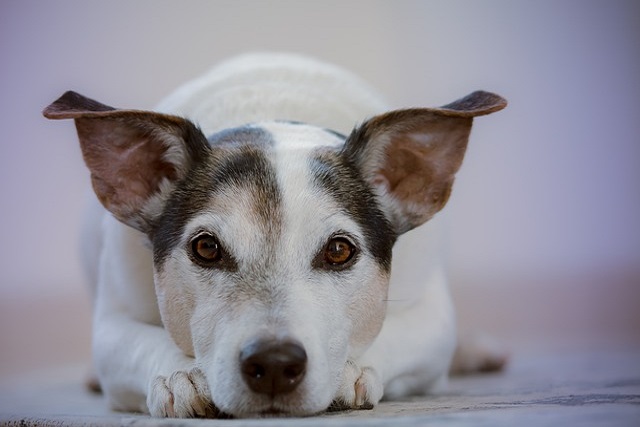
Watching your dog bare their teeth at a stranger or snap at another pup can send your heart racing. Last month, my friend in Seattle panicked when her shepherd mix,
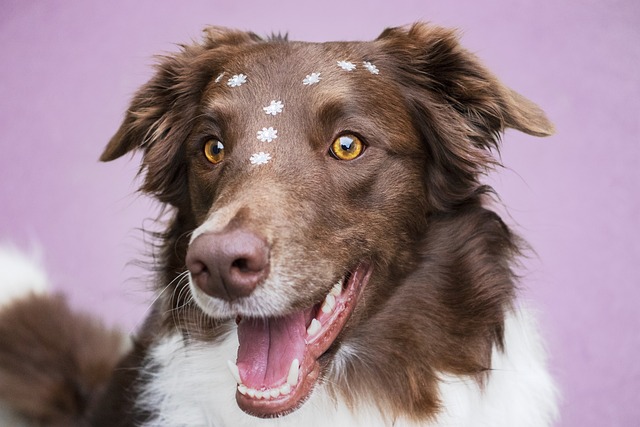
Picture this heart-stopping moment: you're at Seattle's Magnuson Park, your off-leash Golden gleefully chasing squirrels toward a busy road as your frantic "Come!" echoes uselessly.
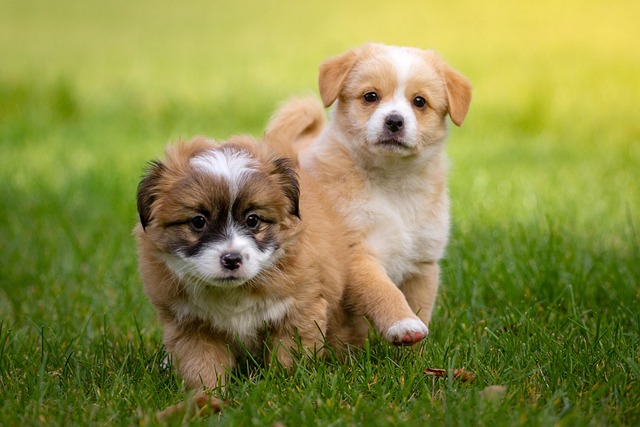
Calling your dog and watching them bolt the other way—tail wagging, nose to the ground, ignoring every “come!” you shout?

Coming home to a shredded couch cushion and your favorite shoes turned into chew toys? That’s what happened to my friend in Denver with her 9-month-old lab